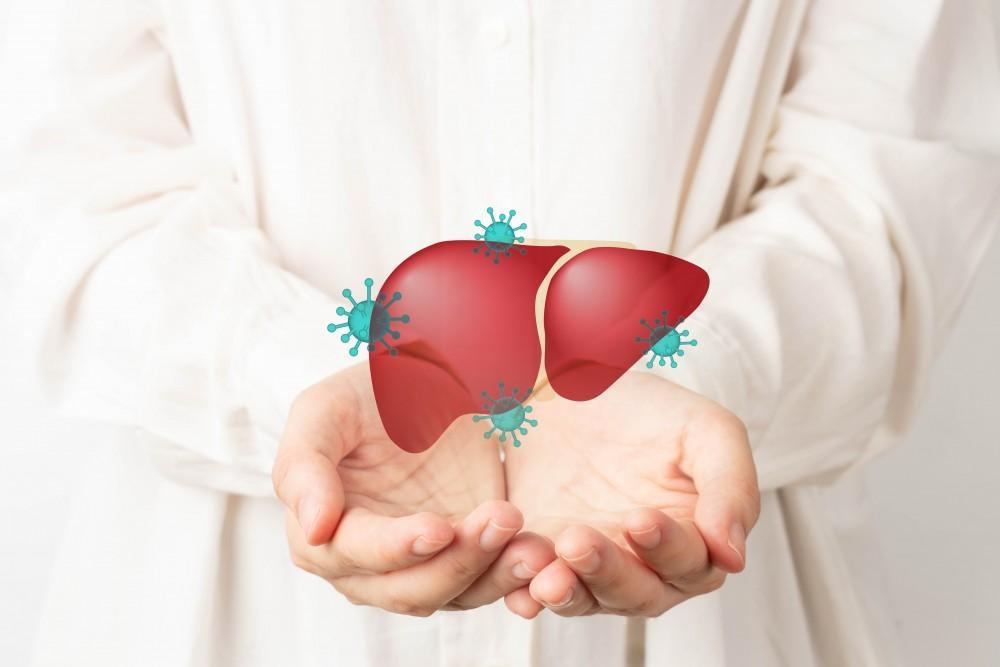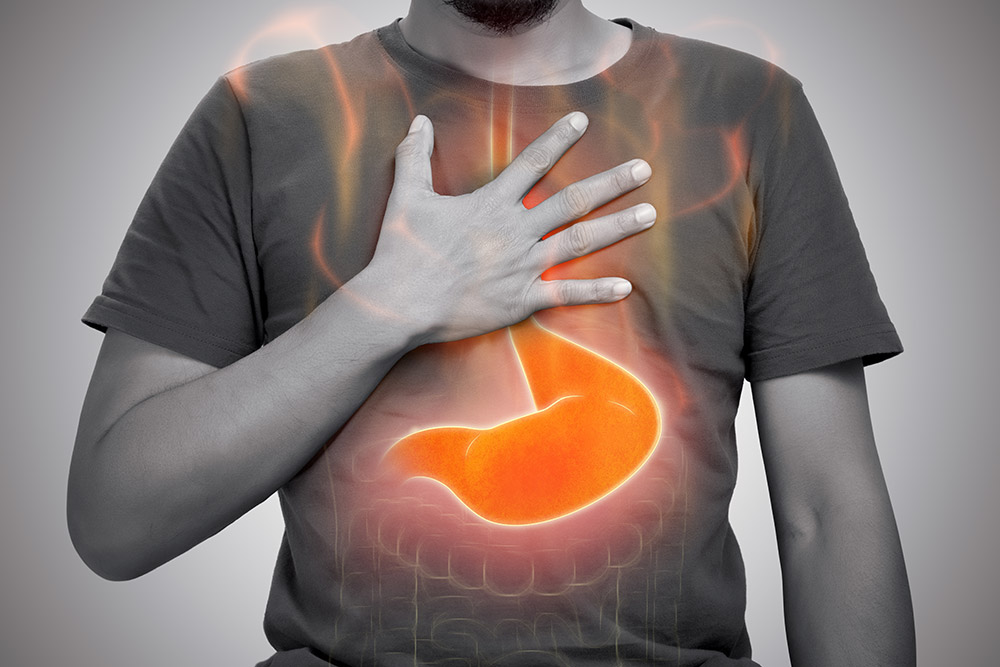What Is Abdominal Distension?
Abdominal distension occurs when your belly feels swollen, full, or tight. It can appear shortly after eating or develop gradually over time, often causing bloating, gas accumulation, or a sensation of pressure around the waist.
Common Causes and Risk Factors
- Eating large amounts of salt, fat, or processed foods
- Swallowing air by eating or drinking too quickly
- Food intolerances such as lactose or gluten
- IBS (Irritable Bowel Syndrome) or SIBO (Small Intestinal Bacterial Overgrowth)
- Constipation or slowed digestive transit
- Distinguishing weight gain from gas build-up (bloating vs. fat)
- Prior abdominal surgery or hernia repair
- Underlying heart, liver, or kidney disorders
Signs and Symptoms
- Visible belly swelling, especially after meals
- Sensation of fullness after only a few bites
- Frequent burping or passing gas
- Abdominal pain, cramping, or general discomfort
- Lower back pain if abdominal pressure irritates nerves
- Altered bowel habits, such as changes in stool frequency or consistency
Expert Treatment for Abdominal Distension by Dr. Bharat Pothuri
Dr. Pothuri uses a step-by-step approach:
Medical History and Physical Exam
He reviews your symptom timeline, eating habits, bowel patterns and character of epigastric pain or fullness.
Blood Tests
Routine labs include a complete blood count, metabolic panel, liver and pancreatic enzymes, thyroid function and celiac antibodies.
Breath Tests
Hydrogen and methane breath tests evaluate small intestinal bacterial overgrowth (SIBO) and carbohydrate intolerances (lactose, fructose).
Imaging Studies
- Abdominal ultrasound to look for gallstones, fatty liver, ascites or organ enlargement.
- CT scan of the abdomen if structural abnormalities, masses or severe pain are suspected.
Endoscopy (if needed)
Upper endoscopy (EGD) inspects the esophagus, stomach and duodenum for ulcers, gastritis or motility disorders contributing to epigastric discomfort.
Colonoscopy (if indicated)
Evaluates the large bowel for inflammation, strictures or other causes of chronic distension and pain.
Frequently Asked Questions
What is the ICD-10 code for abdominal distension?
It's R14.0 -general abdominal bloating and swelling.
Can bloating cause back pain?
Yes. Pressure from gas or fluid can irritate nerves in your lower back, leading to discomfort.
Am I bloated or just gaining weight?
Bloating comes and goes-often after meals-and may be accompanied by gas or tightness. Weight gain is more gradual and doesn't fluctuate during the day.
What foods cause bloating?
Common culprits include beans, fizzy drinks, dairy (if you're lactose intolerant), broccoli, cabbage, and high-fat or processed foods.
When should I see a doctor?
If your bloating persists for more than two weeks, or you experience unintentional weight loss, fever, severe pain, or blood in your stool, schedule an evaluation.
Do probiotics help?
They can. Probiotics may rebalance your gut bacteria and reduce gas and bloating-especially if you have IBS or a history of antibiotic use.
Can stress cause belly swelling?
Yes. Stress affects gut motility and sensitivity, which can worsen bloating in people with IBS or other functional gut disorders.












